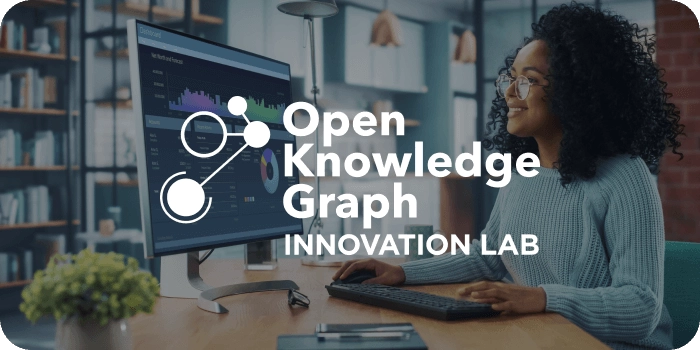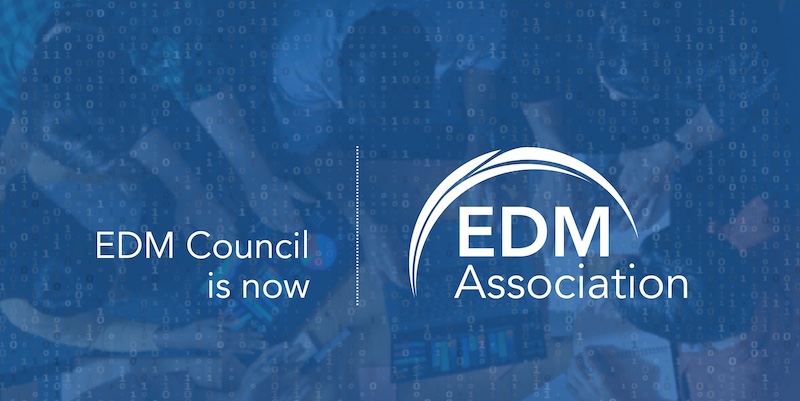Details
In the fast-changing world of AI, it’s crucial for organizations to effectively manage data sensitivity, access rights, model risks, and compliance. This webinar, featuring experts from Securiti and Databricks, explores how unified data intelligence is key to establishing strong governance frameworks for data and AI.
Learn about strategic ways to incorporate governance, security, privacy, and compliance into your data and AI initiatives. We will discuss both foundational concepts and real-world applications. In particular we will show how organizations can effectively utilize both unstructured and structured data in AI endeavors safely, using the example of how the integration between Securiti and Databricks enhances data governance and enablement.
Key Takeaways:
- Navigating Complexities: Understand how to manage data sensitivity, access issues, model risks, and compliance to boost the success of your AI projects.
- Safeguarding Data Across Stages: Discover how implementing robust policies at key data handling stages can safeguard data usage
- Live Demonstration: See firsthand how to ensure the secure and compliant use of data in AI applications with real-world integration between Securiti and Databricks.
Speakers
Post-event summary
The webinar titled “Data Governance for Generative AI,” hosted by EDM Council and Securiti, discussed the evolving landscape of AI governance and the integration of unstructured data management. The conversation was led by experts in the industry:
- Jocelyn Houle, Sr. Director of Product Management, Securiti
- Peter Wang, Staff Product Manager, Databricks
- Moderator: Eric Bigelsen, Head of Industry Engagement, EDM Council
The discussion delved into the critical need for organizations to manage their data with precision, especially focusing on the challenges posed by unstructured data, which often comprises a significant portion of corporate data estates. The discussion highlighted the importance of advanced data management tools, like data command graphs and knowledge graphs, which help in understanding and utilizing unstructured data effectively. Jocelyn emphasized the regulatory aspects, noting the rapid pace at which AI-related regulations are emerging, and the necessity for businesses to stay agile and compliant.
A significant part of the webinar focused on the practical applications of AI in business, discussing how data governance must evolve beyond traditional models to include sophisticated AI-driven analytics and governance frameworks. The speakers explored the concept of model serving as a means to democratize AI tools across various business units, ensuring that AI solutions are scalable and accessible while remaining compliant with stringent data policies.
Peter’s commentary on the integration of governance infrastructures and the importance of maintaining a robust governance framework was particularly notable. He stated, “Whenever you’re going, whatever platform you might be using, make sure that that platform can integrate with the various data governance infrastructures…that policy is uniformly enforced across all your data platforms.” This quote encapsulates the webinar’s overarching theme of the need for cohesive and integrated approaches to data governance in the age of AI, highlighting the intersection of technology, policy, and business requirements.




